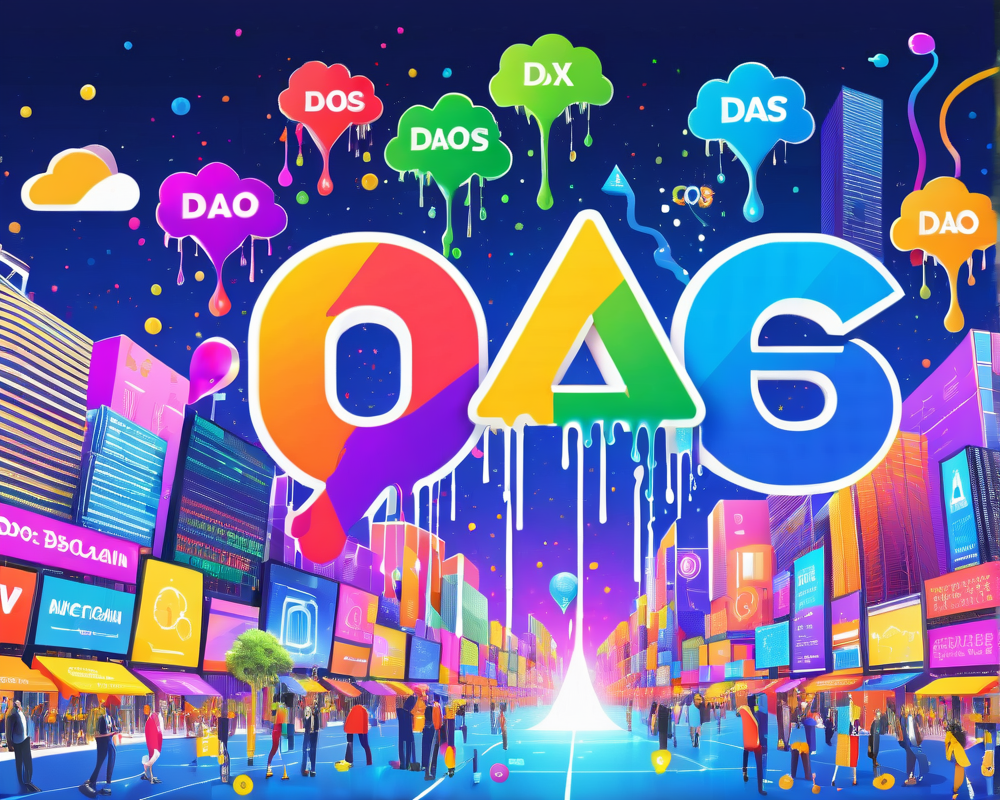What is a DAO?
A Decentralized Autonomous Organization (DAO) is like a virtual club where no single person has the key to the door. It’s run by computer codes and, theoretically, a bunch of enthusiastic individuals voting on how their group funds are spent. Each member’s say-so in decisions is based on how much skin they have in the game—calculated by the ratio of their digital treasures against the total stash. Think of it as a cooperative where everyone’s expertise is valued, but instead of sharing cupcakes, they’re sharing the thrill of blockchain.
The Perks of Operating Without a Governor
Imagine a company without a board of directors, where decisions are made by people who have a vested interest in its success. That’s the modern-day Wild West of business known as the DAO! They often serve as effective and secure platforms to pool resources and work toward mutual benefits. Now, that’s unchained democracy at its finest!
How They Operate
Let’s break down the process:
- Invest: Investors toss in their digital assets, usually some impressive Ethereum, in exchange for DAO tokens.
- Vote: Token holders collectively decide on which investment proposals to greenlight.
- Profit & Loss Sharing: If the investment pays off, everyone gets a slice of the pie. If they hit a sour note, well, they share the tragedy, too.
Taxing Matters: Are DAOs Tax Entities?
At first glance, DAOs may seem like shadows in the cyber realm, too nebulous for tax classification. But hold on! In the U.S., they can be treated as entities for tax purposes if members are pulling together for profit. You and your DAO buddies might just be making quite the profit-sharing agreement, which the IRS would like to have a word about. The IRS explains that if you’re basically running a trade or business and sharing dividends, congratulations, you may have a tax entity on your hands!
Domestic vs. Foreign: The Identity Crisis
Now, if you’re wondering about the identity of your DAO: is it foreign or domestic? Domestic means it’s homegrown in the U.S.; foreign means it wasn’t registered in a cozy U.S. corner. DAOs love to exist out in the blockchain, so many may qualify as foreign entities. But here’s the kicker: even if all members are U.S. tax residents, a DAO can still be considered a foreign partnership, changing how members report their income.
What About DAO LLCs?
As a response to the growing unease over personal liability, states like Vermont and Wyoming have said, “Hey, let’s give your DAO LLC status!” Think of it as a superhero cape that protects members from lawsuits that might threaten their personal assets. But remember, being registered comes with its own tax implications, including the dreaded pass-through taxation, in which members report profits or losses on their own taxes.
DAOs, Tokens, and Tax Events
Now, let’s tackle the elephant in the room: tax implications of token exchange. According to the IRS, trading tokens can be a taxable event, but exchanging your Ether for DAO tokens might be a love affair of tax-free exchanges—if done right. So, if your tokens grant you voting rights and profit-sharing privileges, you might just discover there’s no gain or loss to report. But tread carefully—these waters can get murky without sound advice!
Conclusion: The New Frontier
DAOs are shaping up to be a fascinating frontier in the simplest and most complex sense. While this brave new world presents opportunities to revolutionize organization structures, they also come with their fair share of tax labyrinths. Always consult a tax advisor before jumping in with both feet. Happy DAOing!




